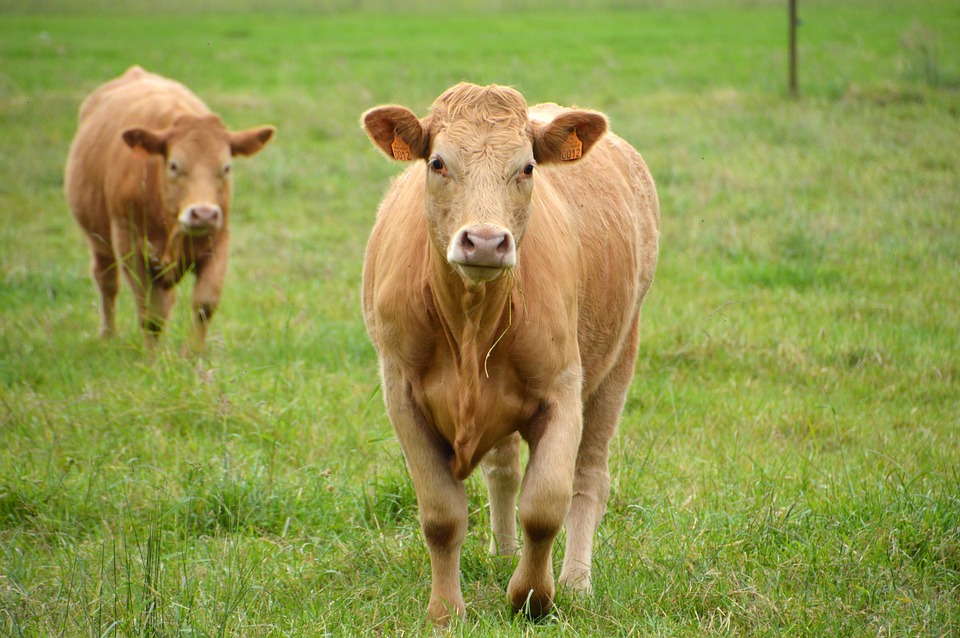The Provincial Ministry of Agriculture has released an intention paper with suggested policy changes to meat processes in rural areas. The policy changes will prioritize food safety and animal welfare.
Policy changes are being shared with ranchers, abbatoirs, local governments, and health authorities. The changes will be shared for consideration, and include:
Something going on in the Cariboo you think people should know about?
Send us a news tip by emailing [email protected].
- Increasing the amount of meat that can be processed annually by Class D and E license holders, and expanding the criteria of who and where their meat can be sold to;
- Developing alternative models of licensing mobile abattoirs to improve service for smaller-scale producers;
- Exploring a pilot program for conducting certain inspection components virtually; and
- Renaming the current “Class A, B, D, and E licenses” to more intuitive categories.
- The ministry is also collecting input on a number of topics to support public health and safe meat supply, such as:
- Updating licensee training on slaughter practice, animal welfare, and food safety to ensure provincially consistent and effective learning opportunities for rural producers;
- Revising the code of practice for abattoir operators with required standard operating procedures to bring consistent practices and improved clarity for administrators and operators; and
- Increasing the frequency of government inspector visits to rural abattoirs to an annual basis to ensure awareness and compliance with all requirements.
- Advertisement -








